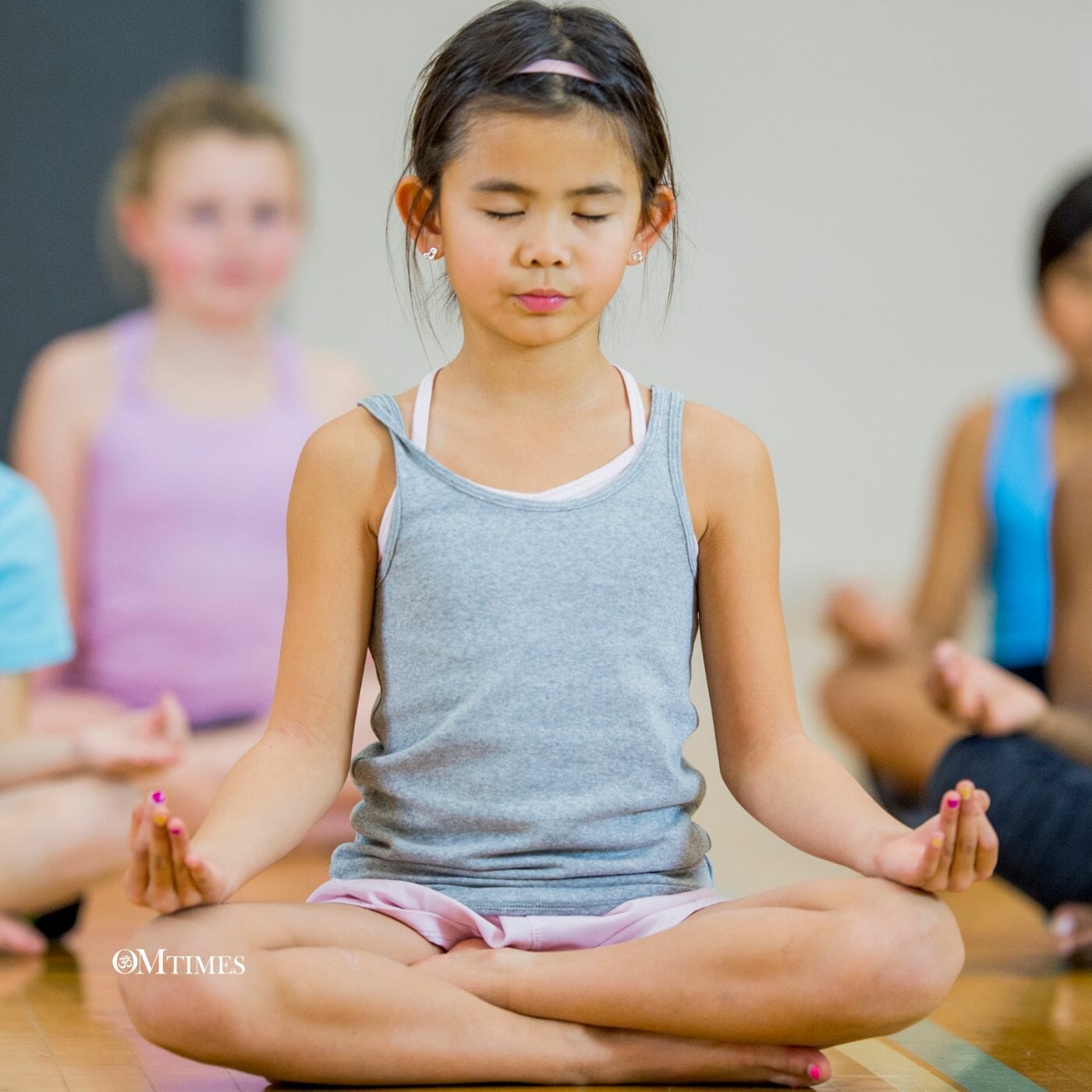Teach Children the Importance of Self-Knowledge

Self-knowledge is a tool that allows us to modulate our feelings, thoughts, and actions; in other words, to learn the art of reflection.
Why Should We Teach Children to Know Themselves?
Everything begins with one of the most complex questions a human being can ask: who am I?
We know that this is a difficult question to answer, one that can take a lifetime, if at all. However, despite how complex it may be, delving into this question sooner rather than later is a direct route to achieving emotional intelligence and, therefore, a more pleasant and conscious existence. Knowing who we are (or simply deciding to start that search) brings the implicit opportunity to know ourselves and face the uncertainty that human life naturally brings in a healthier way. This is true for adults as well as for children.
That is why it is important to invite children to this questioning and provide them with possible tools to find an answer. However, we must not forget that, as adults, our mission is to guide children in the search for a full and resilient life in which they understand that the world has its own times and processes and that they learn to understand our communities and societies through observation and closeness to themselves—something that also fosters the formation of empathetic individuals with good self-esteem.
What is Self-Knowledge?
We may not be able to prepare the future for our children, but we can at least prepare our children for the future.
Franklin D. Roosevelt
It is natural for all human beings to find themselves in situations where they have difficulties understanding our feelings and, above all, expressing to others why we feel this way. However, this communication gap, both external and internal, becomes larger when it comes to a child, as they are constantly on a learning curve, often unable to discern between the individual and the world they inhabit.
In this sense, self-knowledge is a tool that allows us to modulate our feelings, thoughts, and actions; in other words, to learn the art of reflection. It also implies learning to recognize how we act affects ourselves and others, locating the pillars of our personality to understand that our journey through the world, as transient beings, has a unique and unrepeatable value.
Creating a satisfying personality is possible when we explore our being, so it is crucial to invite our children or students to explore themselves—and remind them that this journey can be deeply pleasurable. Furthermore, children develop skills to refine their character by introducing this tool into our everyday pedagogy. This is achieved when we allow them to listen to themselves and to understand that, although no one is perfect, we are all special and unique.
Children (like adults) must understand that despite being a complex and, in many ways, endless journey, it is a completely necessary process. You can start with three questions: Who am I? What am I good at? What motivates me?
By seeking these answers, children will begin to consider the possibility of seeking happiness from their own rules.
The difference between feelings and emotions
While emotions are involuntary bodily reactions when we face specific situations, feelings are associations and responses to what happens to us, which make us aware of our emotions.
Teaching children this subtle difference will allow them to understand their experiences in all their dimensions and dedicate necessary reflections to them. It will also enable them to turn their impulses into actions and actions into concrete and structured goals.
The act of teaching a child the path of self-knowledge should begin by opening channels of communication (always healthy and respectful) through which they can learn to rationalize and analyze the things that happen to them: arrange each emotion as if it were a book on the shelf that corresponds to it so that they can face them and digest them over time.
It is also crucial to let the little ones know that every time they feel down, they experience life as humans, and humans can grow beyond our immediate emotions. Eventually, all the bad things pass, like clouds.
Steps to Teach Self-Discovery
Although self-knowledge is a personal and subjective search, a journey different for each person, it is possible to encourage through certain steps. These are some possible and simple exercises to encourage children to know how to have a good relationship with themselves.
Learning to spend time alone. Sometimes being without company can be complicated and uncomfortable, but doing so voluntarily can help them quietly listen to their thoughts, emotions, and sensations.
Making lists. To practice self-knowledge, it is essential to know your strengths and weaknesses. Putting it on paper will help clarify both qualities and areas of opportunity. It is a list that can change over time, and in the future, it will bring useful answers.
Asking them questions. What do they value, and what is important to them? What do they like about themselves? This will allow them to develop an empathetic awareness that, in addition to highlighting their concerns, will encourage them to respect those of others.
Teaching them to express their emotions. Every time something happens to them, we should invite them to talk about it. This will help them develop a specific language to describe what they feel, use words to unravel those internal knots that we all face, detect what made them feel that way, and seek a good solution for what ails them.
Meditating on their life. As life goes on, we can always take a step back and analyze the situation unhurriedly and deeply. This will allow children to contemplate their actions from a new perspective—like the ancient Stoic philosophers, study what they did well and what they did wrong, and come to a resolution on how similar situations that occur in the future should be handled.
Using art to express themselves. Speaking is not always easy, nor is it putting feelings and sensations that often have no name into words. That is why we can teach children to say what is happening to them through music, painting, cinema, and other artistic stimuli intended to express what is happening inside them. Telling them to draw their day, think about their emotions when they listen to a melody or write a diary of the movies they watch can help them discover who they are.
Click HERE to Connect with your Daily Horoscope on OMTimes!
Visit Our Astrology Store for Personalized Reports
The article was originally published at https://lavacaindependiente.com/
OMTimes is the premier Spiritually Conscious Magazine. Follow Us On Facebook, Twitter, Instagram, Linkedin, Pinterest, and Youtube
OMTimes Magazine is one of the leading on-line content providers of positivity, wellness and personal empowerment. OMTimes Magazine - Co-Creating a More Conscious Reality






